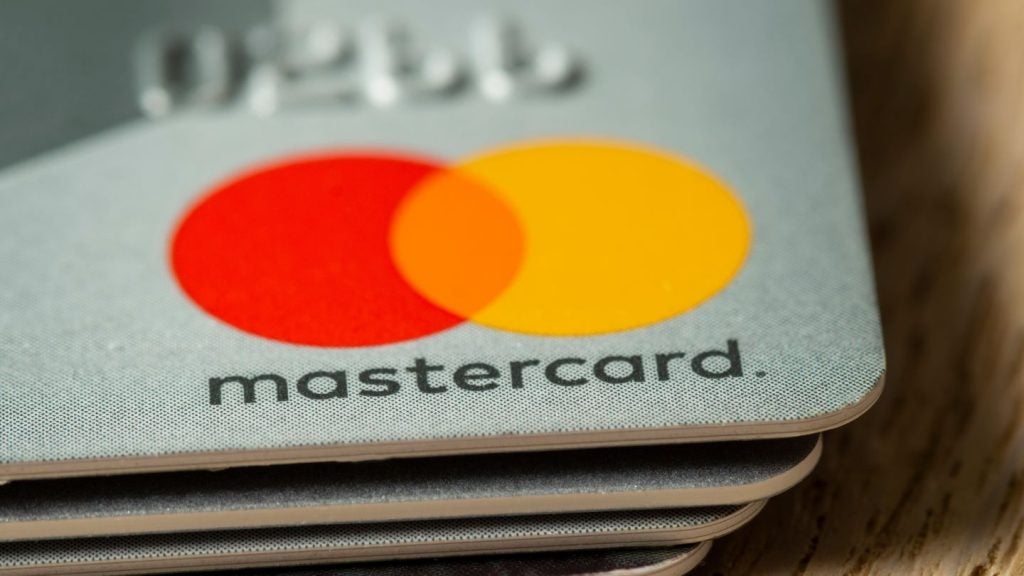 London Mayor Boris
London Mayor Boris
Johnson has made the announcement that the UK’s payments industry
has been waiting for – London’s successful prepaid transit card
system, Oyster, will move to an open-loop network in time for the
city to host the Olympics in 2012.
The eccentric and unpredictable Johnson made
the announcement a day earlier than expected, speaking in front of
the London Assembly during his monthly Mayoral Question Time.
As Transport for London’s (TfL) public
relations team fended off calls and scrambled to get a press
release out explaining Johnson’s unexpected slip, a confirmation
was made to CI that through a partnership with MasterCard,
Visa and American Express, Oyster contactless payments will be
available on 8000 of London’s buses by the summer of 2012.
A roll-out of the contactless technology
across the entire London Transport network is expected to follow
later on that year.
“It is something that we have been working on
for quite some time and this is just the right time to announce
it,” said a TfL spokesperson.
“We know the industry have been talking about
this for quite some time and we felt it was time to put it on the
record and say that this is TfL’s plans for the coming year.”
 TfL expect the early
TfL expect the early
adopters of the contactless technology, already using and
comfortable with the service, to be the first to jump on board with
the contactless card system. Other consumers are then predicted to
follow their lead.
The contactless-payment card network will be
applicable for those who use the pay-as-you-go service on London’s
transport, leaving the Oyster card to remain the card of choice for
those on a monthly or annual ticket.
As a result, there are no plans to phase out
the Oyster card and the open-loop network will run as an
alternative for those who are more likely to pay for their travel
with cash.
Discussions are also underway with the Train
Operating Companies that serve London about whether contactless
bank cards could be used on National Rail where Oyster is currently
accepted.
Travellers from overseas will the key market
for the new system and the date in which it is schedule to launch
will obviously coincide with a huge influx of tourists that will
flock to the capital city, looking to sneak a peak at the Olympic
Games.
“The new system is especially applicable to
foreign travellers coming to London as they wouldn’t have an Oyster
card,” said the same spokesperson.
“This way they will be able to bypass the
hassle of going to a ticket office and getting a card that they
will then have spend time understanding how it works.”
A complex project
For industry spectators, the conversations and
rumours that have circulated over the last few years on this
subject has caused some to feel that the Oyster open-loop system
was going to remain just that – a rumour. But as Chris Kangas, head
of PayPass for MasterCard explains, the complexity of the project
has meant that a lot of developments have been forced to happen
behind the scenes.
“This is such a huge project with wide-ranging
impact and visibility, not to mention the fact it is at the heart
of million’s of people’s everyday lives. It is therefore very
tricky to communicate outwardly before you are ready,” said
Kangas.
“It has just been in the last year that the
specifics around the type of transaction model that can work in the
transit environment have been nailed down. This clarity has led to
the announcements being able to be made.”
Kangas attributes some praise to the UK Cards
Association for setting up a ‘meeting of minds’ in December 2010
with a view to generating a consensus as to how to move forward
with the project. It worked, as it is claimed that it was in that
very session in which the business model became clear. Evidently,
sometimes communication is all you need and it appears baffling as
to why this gathering hadn’t been organised sooner.
MasterCard’s main focus over the coming months
will be to assess how its operational and technical elements will
need to change in order to support the structure of the new
transaction model.
Mark Austin, VP and head of Visa contactless
at Visa Europe claims that there will be more than 20 million
contactless debit and credit cards in circulation by the start of
2012. Estimates currently pace the contactless cards issued in the
UK at around 12 million, so there is a long way to go before
Austin’s prediction is realised.
Nevertheless, the UK’s payment industry can
all let out that breath they have been holding for a number of
years as this deal could well serve to be the force that pushes
contactless technology into the mainstream.







